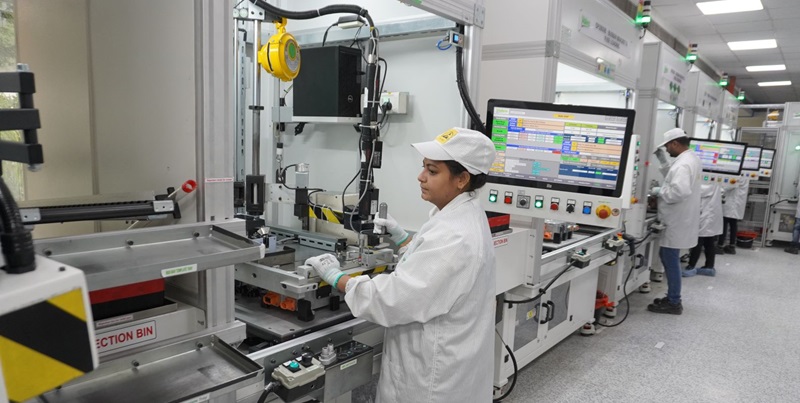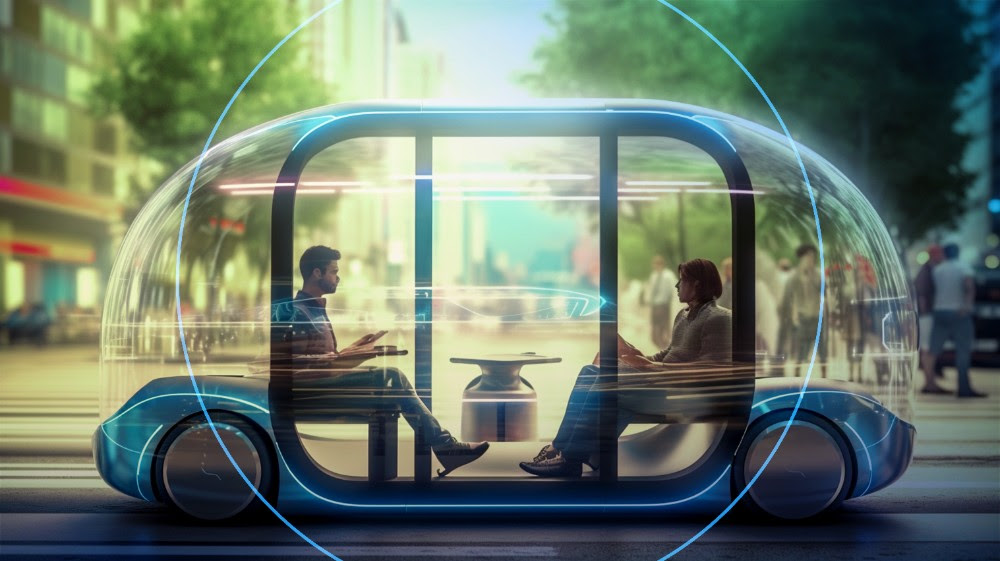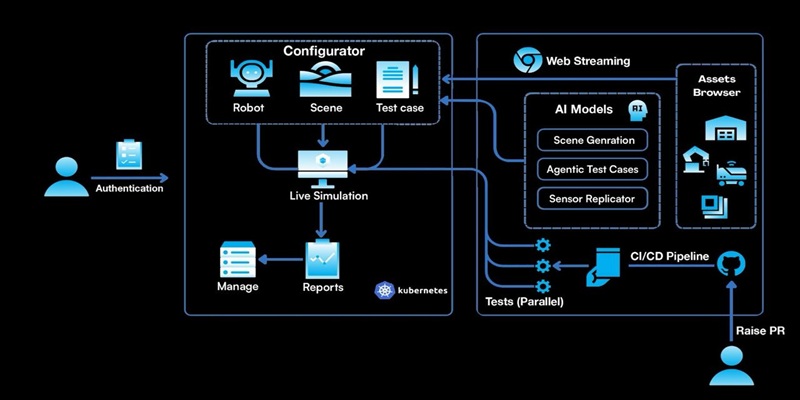Schedule a Call Back
India, the global auto R&D hub
 Articles
Articles- Mar 01,19

Related Stories

o9 and Valeo to drive digital transformation with seven year partnership
This partnership between o9 and Valeo is the result of Valeo’s effort to consistently improve its operations for better competitiveness and enhanced service to its customers.
Read more
Valeo inaugarates new power electronics production facility in Pune
To reduce emissions, the site has replaced its employee transportation buses with new BS VI-compliant vehicles, introduced two electric vehicles for guest commutes, and implemented various other ene..
Read more
Valeo to increase R&D digitalisation with Dassault Systèmes
Valeo will deploy Dassault Systèmes’ 3DEXPERIENCE platform to optimise the development of new technologies for safer and more sustainable mobility.
Read moreRelated Products

Automotive Oil Pump
Kalpak Auto Pvt Ltd offers a wide range of
automotive oil pump.
Tata Motors unveils facilities for development of Hydrogen propulsion tech
Tata Motors, India?s largest automobile company, unveiled two state-of-the-art & new-age R&D facilities for meeting its mission of offering sustainable mobility solutions. The unveilings constitute of Read more
Tata Motors plans petrol powertrain for Harrier and Safari SUVs
Tata Motors is in the process of developing a new petrol powertrain for its premium sports utility vehicles, the Harrier and Safari, as confirmed by a senior company official. Currently, these models Read more














